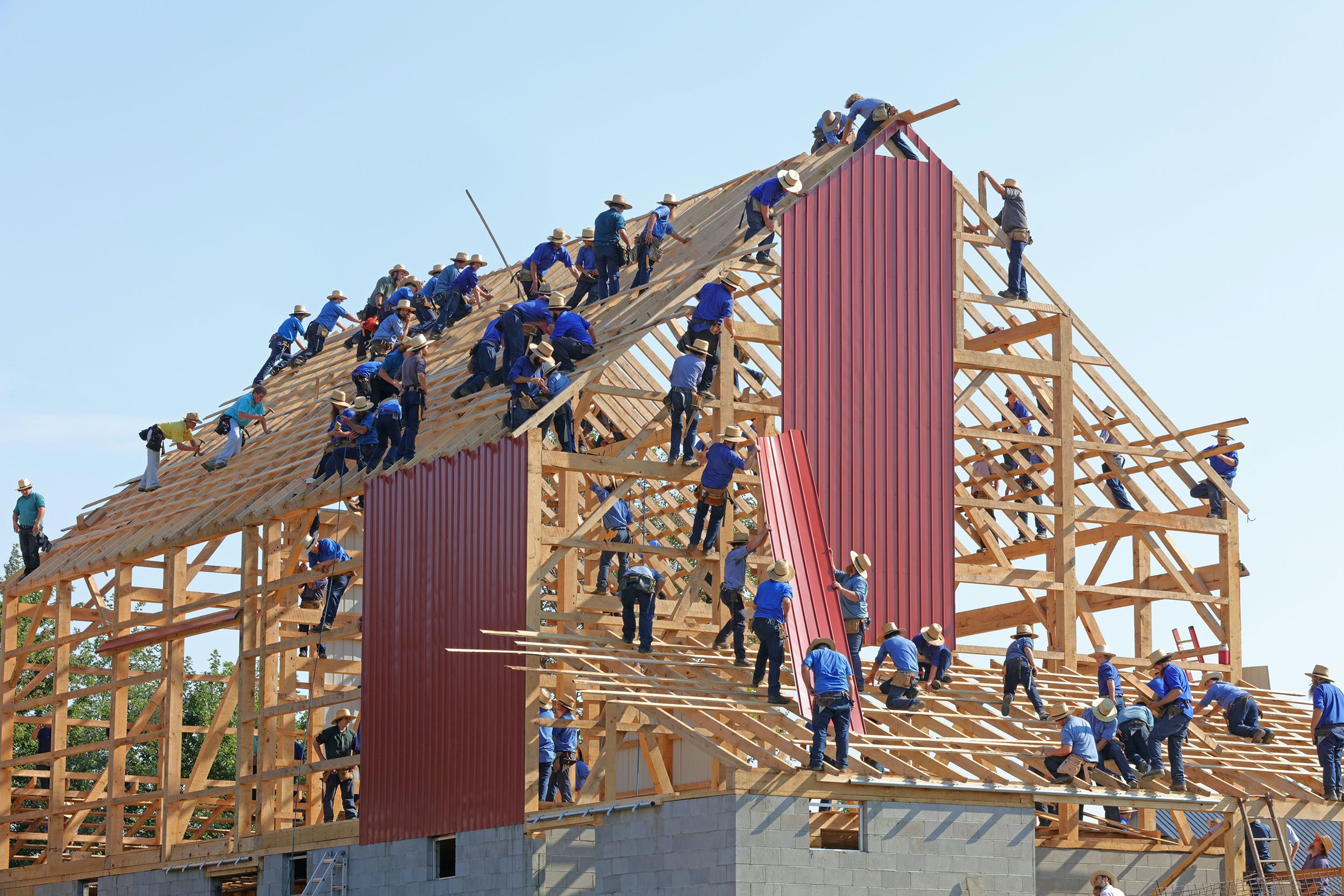Blog
As year’s end approaches, it’s natural to get a little reflective. This year my attention goes to the current view of Agile. At this point a great many would agree that Agile ways of working, being better aligned to today’s knowledge-based industries, economy and technology, enable greater survivability. Of course ways of working have changed before, in sync with technology revolutions. Is this one so different? Well… yes and no. The first reason this one
Agile celebrates the team. This is explicit in the Agile Manifesto and Scrum. Implicitly Agile also harmonizes with the celebration of individual creativity, as captured by Daniel Pink, Synek and others. A creative group is a wonderful thing. The base model we still often use to talk about team development is Dr. Tuckman’s model: Forming, Storming, Norming, Performing – and some now like to add Adjourning. Dr. Tuckman wrote this model in 1965, over 55
One of the situations an Agile Coach is expected to help with is people transitioning to more lean-agile ways of working. People in roles like project managers, business analysts, middle management and product managers are often highlighted but others can be significantly impacted as well. And even though Agile “transformations” can be all over the map, it’s commonly believed that coaches can help make it go more smoothly. Also common is to see the Kubler-Ross
“Of course I know what Design Thinking is…” I thought I knew what Design Thinking was. I did, sort of. But in researching another topic it suddenly dawned on me that I had, without even realizing it, partially merged (“conflated” as someone more polished would say) the concepts of Design Thinking and Software Design. Software Design is a highly satisfying intellectual exercise, a game that anyone from an Excel maven to a Kubernetes expert can
There is a lot going on these days, just to understate the scene completely. Politics, economics technology, the planet, education, ways of working. A perfect storm. Few if any are untouched or oblivious. Taking the long view, it’s also true that major new ideas have taken hold in the crucible of troubled times. We are already mid a lean-agile revolution in the areas of work and organization. The surrounding forces amplify the need for this




